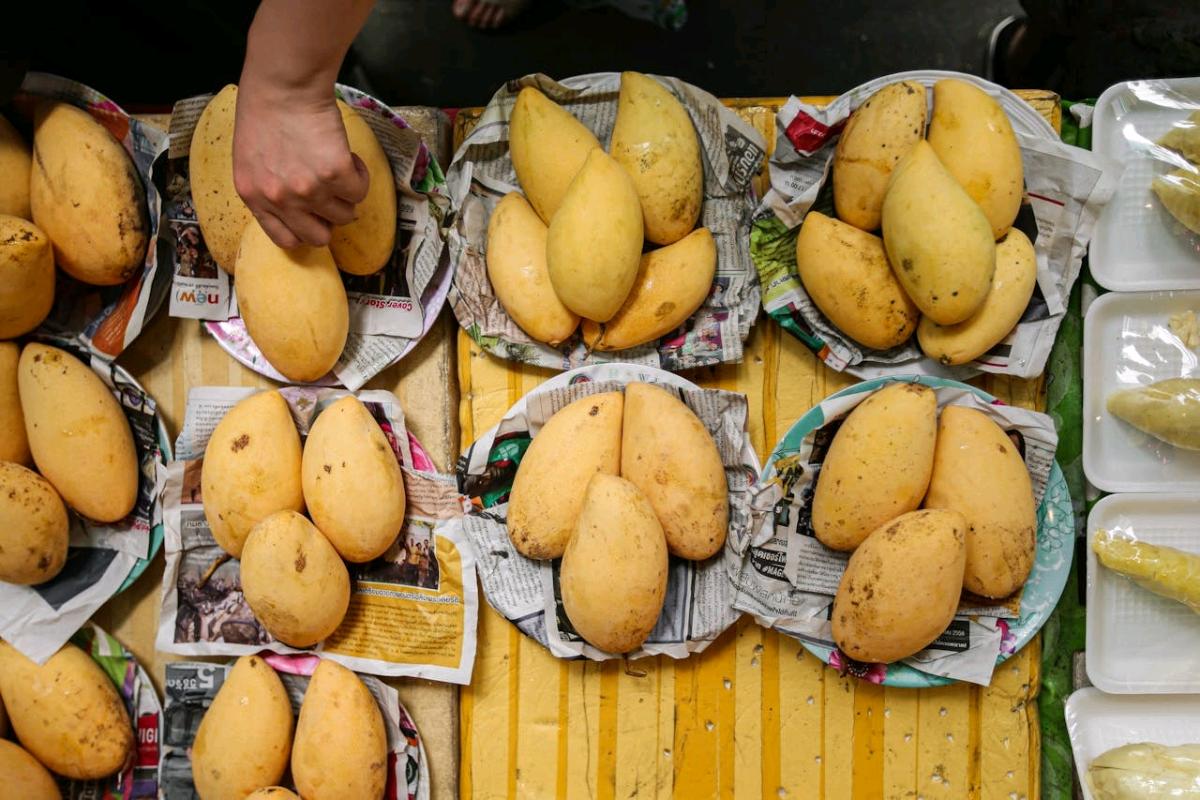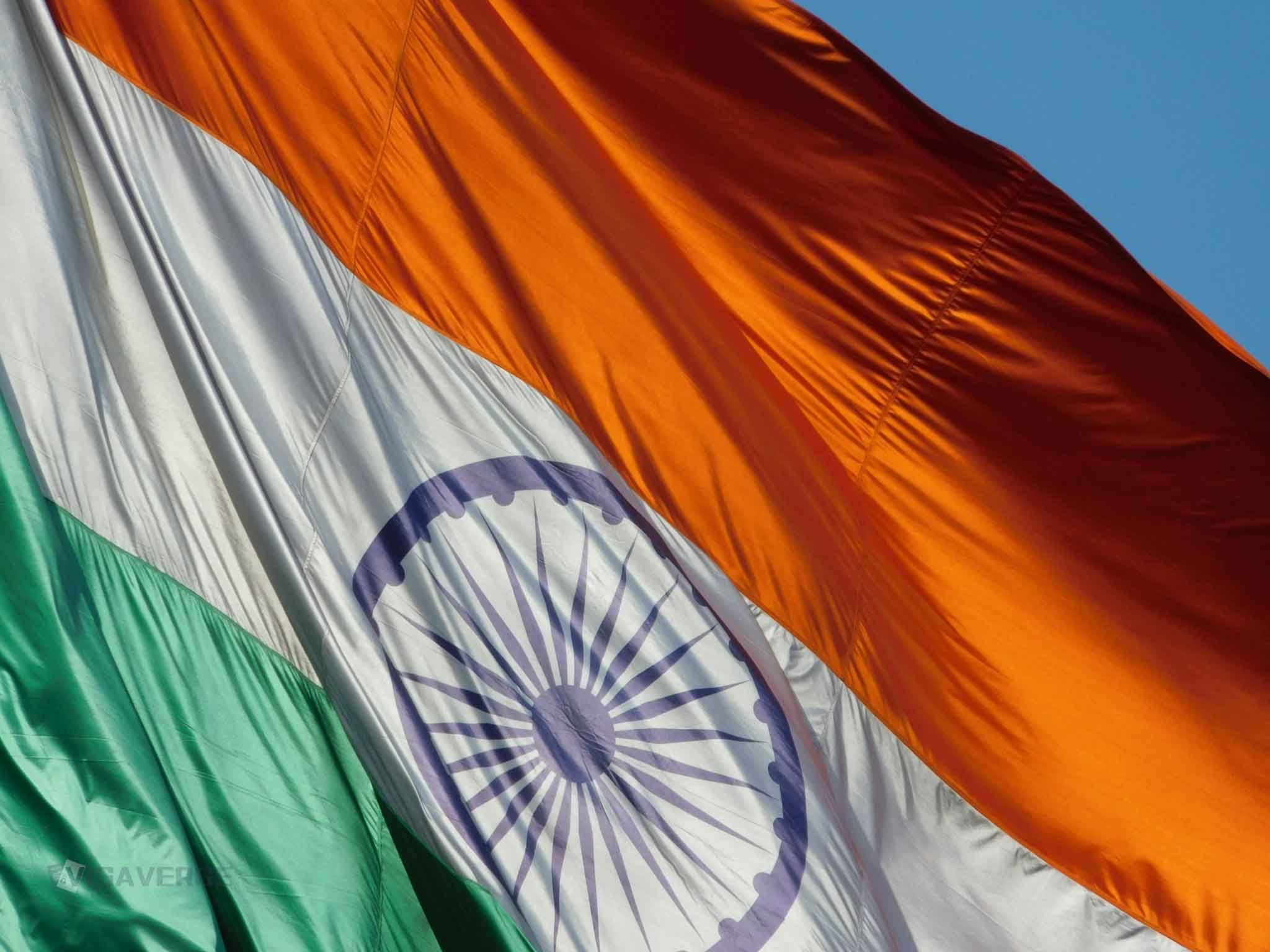Key Takeaways
• 15 Indian mango shipments worth $500,000 destroyed in US, May 2025, due to paperwork errors with irradiation certification.
• PPQ203 form errors—not fruit quality—caused US Customs rejection; treatment verified in Mumbai but documentation incomplete.
• Event highlights that minor documentation mistakes can lead to total export loss, raising industry fears and calls for reform.
At least 15 mango shipments from India, worth about $500,000, were destroyed in the United States in May 2025 after being rejected by US authorities. The reason for this rejection was not the presence of pests, spoiled fruit, or failure to meet quality standards. Instead, the shipments were turned away because of flaws in the mandatory paperwork that proves each load of mangoes went through an irradiation process. This incident has raised major questions about oversight, international regulations, and the risk for exporters when something as simple as a form is not in perfect order.
What Happened: The Facts Behind the Rejection

In early May 2025, a set of 15 mango shipments arrived at airports in Los Angeles, San Francisco, and Atlanta from India. The fresh mangoes had all gone through an irradiation process at a certified facility in Mumbai. This treatment, which was carried out on May 8 and 9—under direct supervision by a US Department of Agriculture (USDA) official—is designed to kill pests and help the fruit last longer. This process is not optional. It is a basic requirement set by US law for any fresh mangoes coming from India, and it is in place to protect American farms from invasive insects and diseases that could start with even a single fruit.
Every mango shipment must come with a PPQ203 form, also called a phytosanitary certificate, which specifically says that the fruit has been properly irradiated. In this case, even though exporters say all mangoes were treated and cleared, US Customs flagged problems with the paperwork. They found inconsistencies—such as missing or incorrect information—on the PPQ203 forms.
Exporters insisted that all shipments followed the rules. They said they only sent the mangoes after government officials at the irradiation facility in Mumbai said the paperwork was complete. However, the US officials saw it differently. As the shipments landed, the documents were checked, found lacking, and quickly rejected.
What Is Irradiation and Why Is the Paperwork So Important?
Irradiation is a process in which mangoes are exposed to a controlled amount of ionizing radiation. Think of it as giving the fruit a kind of deep clean—this process kills off pests, bacteria, and makes sure the mangoes are safe for Americans to eat. It also helps them stay fresh longer during the trip from India to the United States. For Indian mangoes, this treatment must happen under the watch of an APHIS/USDA officer, and no fruit may enter the US without proof that this has been done.
The United States is very strict about this rule. Even a small error in the PPQ203 form, like a wrong date or missing signature, is enough to refuse the shipment. Officials are not allowed to make exceptions, even if the fruit is clearly safe and healthy. The documentation is the only way they can be certain all steps were followed. If they allow shipped fruit into the country with faulty papers, it sets a bad example and poses a risk for future imports.
For more information about USDA’s requirements, you can visit the APHIS official program page.
The Exporters’ Dilemma: Destroy or Return
When the paperwork problem was discovered, Indian exporters faced a tough choice. They could pay to have the shipments shipped back to India or they could allow the fruit to be destroyed in the United States. Sending mangoes back is hugely expensive and would take too long—the fruit would likely spoil before reaching its destination. Because time and freshness are so critical for perishable goods like mangoes, the exporters chose to destroy all 15 mango shipments on site.
The financial hit was huge. As reported by VisaVerge.com, the total loss is estimated at about $500,000, or roughly ₹4.15 crore in Indian currency. Many exporters had counted on these sales for the season, and their loss is not just personal. The episode sends a strong warning throughout the industry about how even the smallest paperwork error can cause massive loss.
Why Was the Paperwork Wrong?
The issue did not stem from private exporters or their employees. Instead, the fault seems to be at the government-run irradiation facility operated by the Maharashtra State Agricultural Marketing Board (MSAMB) at Vashi near Mumbai. Indian regulators have confirmed that all pre-export certifications and checks must be handled by this facility in cooperation with USDA officials. When the US authorities flagged the errors, they pointed to how the paperwork had been issued, not the condition of the fruit.
Some exporters feel unfairly blamed for what they see as “mistakes made during certification at government-run facilities rather than any fault of their own operations.” Their argument is simple: They paid for proper certification, followed all advice, and had no control over the forms that ultimately made their goods unacceptable at the US border. Nevertheless, when a shipment arrives in the United States, the law is black and white. If the forms are not perfect, the shipment is not accepted.
Indian Mangoes and the United States: A Sizable Relationship
The United States is not just an ordinary market for Indian mango growers. It’s the largest and most valuable single country for their fresh mango exports. American consumers enjoy Indian varieties such as Alphonso and Kesar, with demand spiking during summer every year. US supermarkets and specialty stores pay high prices for the best mangoes, and Indian exporters depend on this market for a large share of their profits.
Having shipments rejected—and then destroyed—creates a climate of fear among Indian exporters. The loss of $500,000 from these 15 mango shipments alone is painful, but the risks now seem larger. If paperwork errors can erase an entire season’s worth of income, fewer exporters may want to take the chance. Some might even consider shifting sales to less valuable but less risky markets.
The Importance of Proper Documentation
This event is a clear lesson in how paperwork can be just as important as the fruit itself when it comes to international exports. In the world of fresh produce, documents such as the PPQ203 form are more than forms. They act as guarantees. They show that everyone has followed agreed rules for safety and quality. If these forms are wrong, then the shipment is automatically suspect—even if the fruit inside the boxes is perfect.
Even the best-run farms and exporters can see their efforts wasted if government authorities preparing the documents make mistakes. It is not enough to just grow great mangoes and send them in the best condition. Without forms that are 100% correct, the fruit won’t leave the airport, much less reach American dinner tables.
Lessons and Next Steps for Exporters and Regulators
- Closer Coordination: Exporters are now demanding greater communication between Indian agencies and the USDA. They want clearer checks before the shipments leave India, not after they reach US soil.
- More Training: Exporters and officials at government-run certification centers may need more training to prevent mistakes with technical paperwork.
- Regular Audits: Regular review of paperwork, possibly with a “double-check” system, could cut down on careless errors.
- Clear Accountability: At the heart of this episode is a growing call for responsibility. If an exporter loses a $500,000 shipment because of a government error, questions arise about who pays for that mistake. Some are even suggesting insurance for exporters in case government-caused paperwork errors recur.
Systemic Impact: What Does This Mean for India-US Trade?
This episode goes beyond just the 15 mango shipments lost. India, as a key global supplier of fresh fruits, wants to keep its good reputation with international customers—especially the United States. US authorities apply the same strict rules for all countries, but because India is such a big exporter, the impact there is especially strong. Every time a shipment is destroyed for paperwork reasons, buyers may lose confidence or become warier of Indian suppliers. This can hurt sales for everyone in the supply chain—from small farmers to big Indian exporters.
On the US side, these enforcement actions help protect American agriculture from dangerous pests, but they also highlight how international trade depends on trust—not just in fruit quality, but in the systems that check it. Once trust is lost through bad paperwork or failed inspections, it takes time and changes to win it back.
Exporters’ Voices: Frustration and Concern
Many exporters have spoken out, saying they feel the real problem is poor coordination and slow communication between Indian agencies. They believe they are being disciplined for problems outside their control. Several have called for India’s regulatory agencies to make the process more transparent, simpler, and better aligned with American requirements.
At the same time, Indian agencies have pointed out that the whole system has to meet both countries’ rules. The Maharashtra State Agricultural Marketing Board—responsible for the Mumbai irradiation facility where the mangoes were processed—has not released a detailed public statement, but Indian regulators have indicated that future clarification should start with this government body.
Looking Forward: Protecting Exporters and Rebuilding Trust
The destruction of these 15 mango shipments is a reminder that even a simple paperwork mistake can cause big financial losses. For exporters, this points to the need to check every single detail before fruit leaves the country. For Indian authorities, the lesson is that oversight must be strict, but also efficient and well-managed. If not, Indian exporters could lose not only money, but also long-term access to the most profitable international markets.
This case also creates pressure for both governments to work together more closely. Both sides have an interest in making sure trade continues smoothly—without unnecessary disruptions. Fixing the gaps that led to this paperwork failure will not be quick, but it is necessary if exporters are to feel secure sending their best fruit abroad.
Conclusion: Why Details Matter in Global Trade
The forced destruction of 15 mango shipments worth half a million dollars in the United States is a powerful example of how important paperwork is in the world of international exports. India and the United States have built a strong partnership in agricultural trade, but that relationship depends on trust, transparency, and careful attention to every single rule.
Moving forward, the biggest change may have to come from inside India itself—with closer checks, better training, and clearer responsibility for getting international paperwork right. Only then can exporters hope to avoid the risks and keep their place in markets like the United States.
For Indian exporters and US buyers alike, this story is a clear warning. No matter how good your product is, or how hard you work to meet safety standards, it only takes one missing signature or a confusing form to lose it all. As the world grows more connected, such lessons are likely to become even more important—reminding everyone that in global trade, nothing is “just paperwork.”
Learn Today
Irradiation → A process where fruit is exposed to ionizing radiation to kill pests, ensure safety, and extend shelf life during transport.
PPQ203 Form → A mandatory USDA phytosanitary certificate that verifies mangoes from India have undergone required irradiation before US entry.
APHIS → Animal and Plant Health Inspection Service, a USDA agency overseeing plant import safety and pest prevention for US agriculture.
Phytosanitary Certificate → An official document ensuring agricultural products meet importing countries’ plant health and safety standards.
Maharashtra State Agricultural Marketing Board (MSAMB) → A government agency in India managing irradiation centers and export paperwork for produce like mangoes.
This Article in a Nutshell
Fifteen Indian mango shipments, valued at $500,000, were destroyed in the US in May 2025 solely due to paperwork errors regarding irradiation certification. Despite flawless fruit and proper treatment, missing or incorrect PPQ203 forms led to immediate rejection, spotlighting how vital accurate documentation is for international agricultural trade security.
— By VisaVerge.com
Read more:
• CommuteAir to operate Embraer ERJ-145 flights for United Airlines until 2029
• United Airlines marks 30 years since first Boeing 777 delivery
• United Airlines Leaves First-Class Hungry at San Francisco
• United Airlines Revives Hong Kong Lounge After 4 Years
• United Airlines opens flight attendant training center in Chantilly













